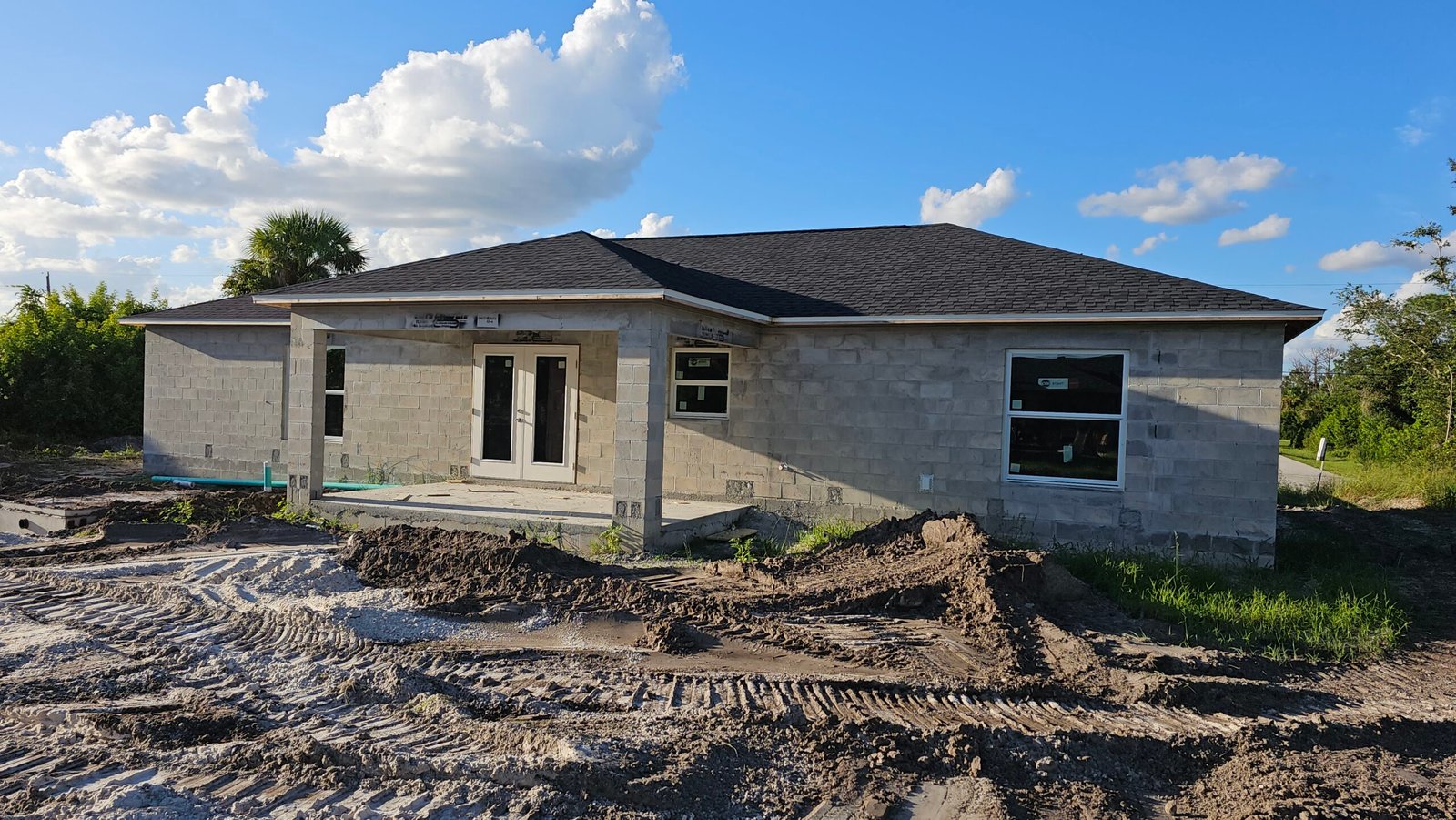Landscaping
landcsaping
Charlotte County, Florida, like many other jurisdictions, has specific landscaping requirements and regulations in place to govern how landscaping is designed and maintained within the county. These regulations are typically intended to enhance the aesthetic appeal of properties, conserve water, promote native plantings, and ensure that landscaping complements the surrounding environment. Please note that these requirements can evolve over time, so it’s essential to check with the Charlotte County government or planning department for the most up-to-date information. Here are some common landscaping requirements you may find in Charlotte County:

- Landscape Plans: Property owners or developers often need to submit landscape plans as part of the permitting process for new construction or major renovations. These plans specify the types of plants, trees, shrubs, and ground cover to be used and their locations on the property.
- Plant Selection: Charlotte County does have a lists of approved plant species that are suitable for landscaping. Native or drought-tolerant plants are often encouraged to conserve water and support local ecosystems.
- Irrigation: Irrigation systems, if installed, must be designed to be efficient and water-conserving. This may include the use of smart controllers and low-flow irrigation technology.
- Mulching: Mulching is often required to help retain moisture, prevent erosion, and reduce weed growth. Specific requirements for mulch type and depth may be specified.
- Maintenance: Property owners are typically responsible for maintaining the landscaping in accordance with county regulations. This includes regular pruning, weed control, and irrigation system upkeep.
- Tree Preservation: Charlotte County does have regulations regarding the preservation of mature trees during construction or development activities. Permits are required to remove heritage trees.
- Landscaping for Stormwater Management: Landscaping does play a role in stormwater management. There are easements on lots that need to be graded in such a way as to drain run off water away from adjacent properties. Certain plants and design features are required to help filter and control stormwater runoff.
To get detailed and up-to-date information on landscaping requirements in Charlotte County, contact Charlotte County Community Development Department, the Planning and Zoning Division, or the Environmental Services Division. They can provide you with the specific regulations and guidelines that apply to your property or project.

